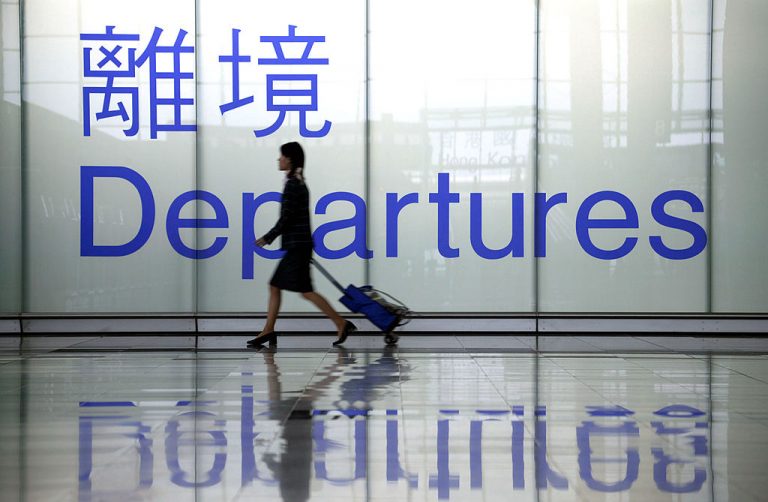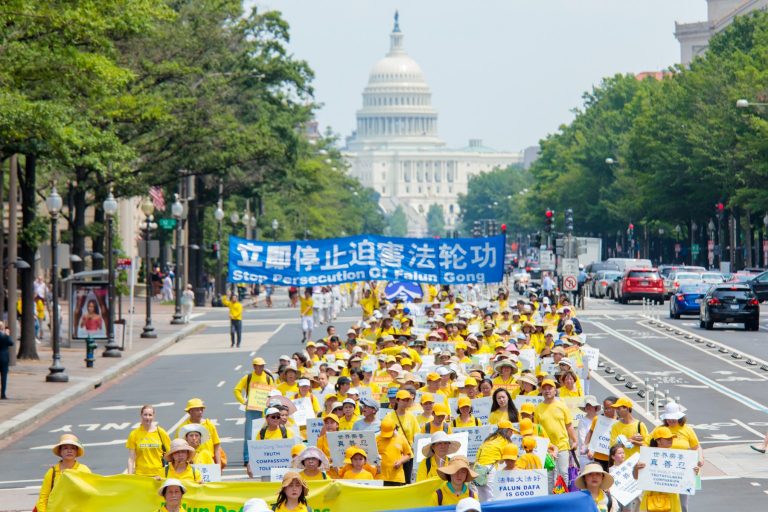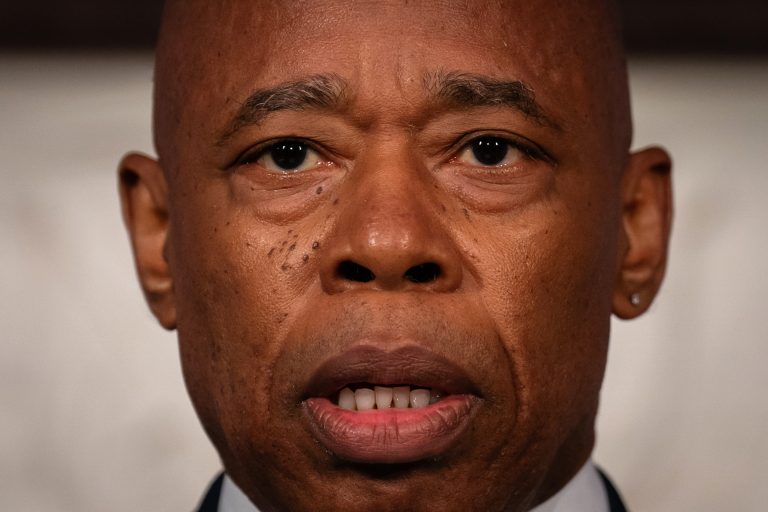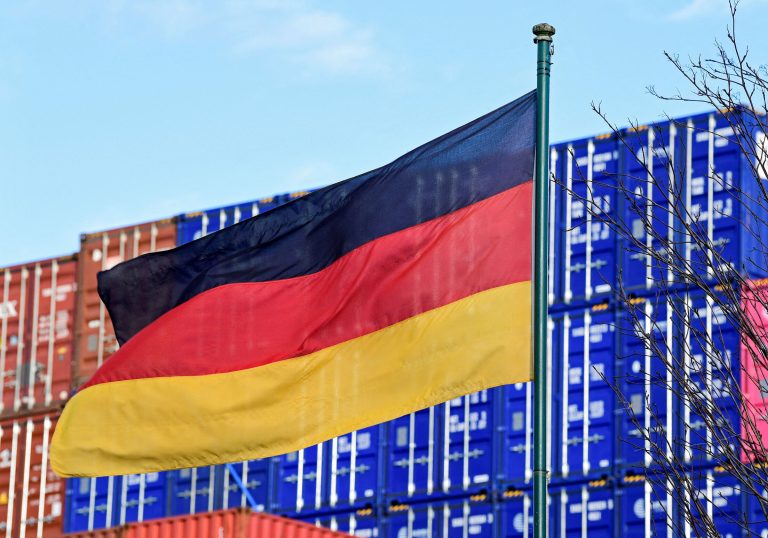In recent months, a wave of Chinese investors seeking to acquire foreign assets has emerged. Driven by a combination of economic slowdown, currency depreciation, and a less optimistic outlook for the domestic real estate market, the trend signals a growing desire among China’s affluent to diversify their investment and secure alternate streams of income.
The trend, which started gaining momentum last year, has accelerated notably since February 2024, following China’s relaxation of investment rules under the “Cross-boundary Wealth Management Connect” scheme.
But experts are warning that this new development could have far-reaching implications for both China’s economy and the global financial landscape.
Investment surge in Hong Kong
Hong Kong’s high-yield financial products, such as insurance policies and fixed deposit accounts, have become particularly attractive to wealthy Chinese individuals. These investors are looking to safeguard their returns from the adverse impacts of the mainland’s economic woes, including the depreciating yuan and the sluggish real estate sector.
According to a Reuters report, wealth managers in Hong Kong have observed a marked increase in interest from mainland investors since the rule changes earlier this year.
Success
You are now signed up for our newsletter
Success
Check your email to complete sign up
“There are approximately 45 million affluent individuals in China who are increasingly looking for more international opportunities, education, and protection,” said Maggie Ng, Head of Wealth and Personal Banking at HSBC Hong Kong.
The new investment opportunities have prompted Hong Kong financial institutions to quickly capitalize on this trend. Despite recent challenges to Hong Kong’s status as a global financial hub — including democratic protests, increased control from Beijing, and geopolitical tensions — the city remains a crucial conduit for Chinese capital outflows.
RELATED: In Rare Admission, Xi Jinping Says China’s Economy Is Struggling
A tangled web
Launched in September 2021, the “Cross-boundary Wealth Management Connect” scheme enables residents of Guangdong Province, which borders Hong Kong, to purchase investment products from banks in Hong Kong and Macau. The scheme also allows Hong Kong and Macau residents to invest in mainland China, a report by Nikkei Asia finds.
As the scheme gained momentum, The People’s Bank of China reported a significant increase in investments from mainland investors in Hong Kong and Macau, reaching a monthly high of 13 billion RMB in March 2024, nearly eight times the February figures.
Moreover, the amount of “northbound” investments by Hong Kong and Macau residents surged by 70.5 percent in April 2024, totaling 22.3 billion RMB (about $3.1 billion USD). This trend underscores the growing integration of financial markets across these regions and highlights the increasing movement of capital despite China’s strict capital controls, which limit individuals to remitting a maximum of $50,000 annually.
While global wealth management firms have been adapting to this shift, HSBC reported a threefold increase in new account openings in Hong Kong in 2023 compared to pre-pandemic levels. The surge was primarily driven by mainland Chinese clients, the bank noted, adding that the momentum has continued into this year.
Other firms, such as UBS, noted a significant rise in inquiries from potential family office clients, with an 85 percent increase in inquiries in 2023 compared to the previous year. These inquiries often involve setting up “family office-type entities” in Hong Kong.
Investment demand, economic impact
Meanwhile, the demand for investment options in Hong Kong has also spurred local banks to offer highly competitive short-term deposit rates — sometimes as high as 10 percent — compared to the approximately 2 percent offered by banks in mainland China. This disparity further incentivizes mainland investors to move their funds to Hong Kong.
Since the lifting of “zero-COVID” border controls in early 2023, Hong Kong insurance companies have also seen a significant increase in demand from mainland clients. Horace Yip, Head of Citi Private Bank’s Hong Kong and Greater Bay Area businesses, stated that the number of new accounts opened in Hong Kong reached a historic high in 2023, driven by mainland Chinese clients.
RELATED: Here’s Just How Badly ‘Zero-COVID’ Has Damaged China’s Economy
China’s current economic landscape is marred by rigid deflationary pressures, a continuing property crisis, and weak domestic demand — all of which are hampering economic activity and dampening investor confidence. The situation has triggered calls from economists and investors for more robust stimulus measures.
Broader implications
The trend of capital outflow has broader implications for China’s economy, experts note. An overseas think-tank named “Tianjun Political and Economic” has highlighted that China’s foreign exchange reserves, which are essential for the country’s financial stability, are heavily reliant on international capital flowing through Hong Kong.
With the majority of foreign investments in China routed through Hong Kong and the city serving as the offshore clearing center for the RMB, any instability in Hong Kong could severely disrupt China’s foreign exchange supply.
In addition, the exodus of wealthy Chinese individuals, expected to reach a record high of 15,200 in 2024 according to a report by Henley & Partners, poses further challenges. These high-net-worth individuals are primarily moving to countries like the U.S., Canada, and Singapore — driven largely by economic uncertainty and geopolitical tensions.
This migration exacerbates the strain on China’s economy, already burdened by a prolonged property crisis and substantial local government debt.
The report also indicates that the affluent Chinese who are relocating possess significant wealth, often ranging from $30 million to $1 billion. Their departure not only reduces the domestic capital available for investment but also highlights a lack of confidence in China’s economic future.
“As the world grapples with a perfect storm of geopolitical tensions, economic uncertainty and social upheaval, millionaires are voting with their feet in record numbers,” said Dominic Volek, group head of private clients at Henley & Partners.
Vision Times reporter Wen Long contributed to this report.







